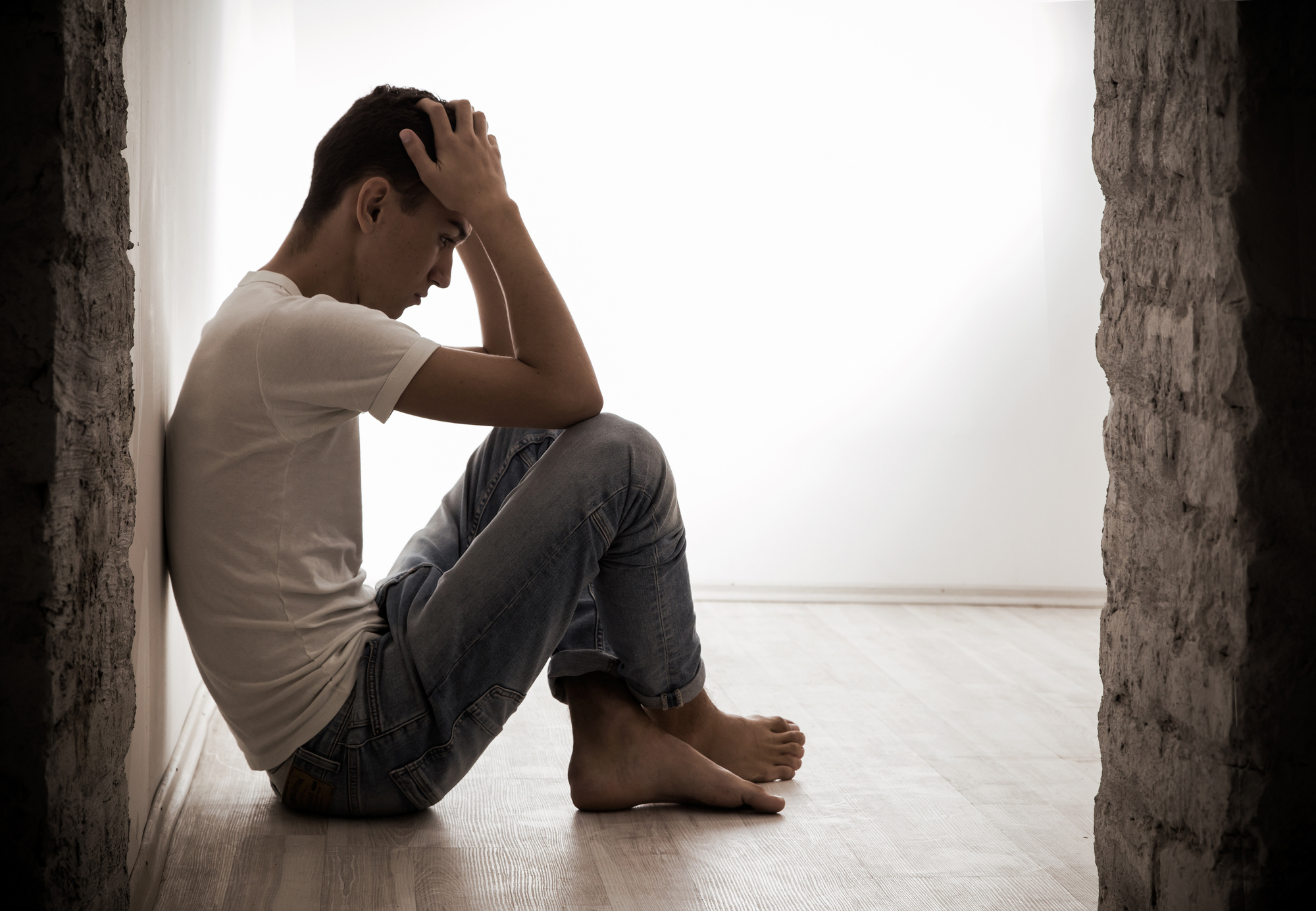How The Effects Of Depression Affect Your Life Outside Of Work
Major depression impacts an estimated 16.2 million Americans, making it one of the most common mental disorders in the world.
If you or a loved one struggles with depression, you probably already know the debilitating and frustrating effects it can cause on your work projects.
However, it can also impact many areas outside of just work. Let’s get into what you need to know about the effects of depression.
Depression Impacts Appetite
People struggling with depression often experience moderate to severe changes in appetite. This problem can go both ways.
Some people completely lose their appetite. Eating feels like a chore, and they seemingly don’t feel hungry throughout the day.
This poses an obvious issue: food provides us with nourishment and energy to focus throughout the day. Undereating can lead to a host of problems including increased fatigue, poor concentration, and severe malnourishment.
Other people may find themselves overeating when depressed. Food may act as somewhat of a comfort or escape, and they may use food as either a conscious or unconscious way to self-medicate depression symptoms.
This also creates problems: overeating can lead to gastrointestinal problems, elevated blood sugar and blood pressure, and weight gain.
Depression Impacts Sleep
Unfortunately, depression and sleep problems go hand-in-hand, and the effects of poor sleep can impact everything we do from our ability to exercise our self-esteem.
The relationship between depression and sleep is complicated. On the one hand, depression can lead to sleep problems. On the other hand, sleep problems can lead to someone experiencing depression.
Sleep problems can include:
- Insomnia: difficulty falling asleep, staying asleep, unsatisfying sleep
- Hypersomnia: excessive sleepiness
- Obstructive sleep apnea: sleep-disordered breathing
- Nightmares and night terrors
A good night’s sleep is essential for feeling productive and energized in the workplace. For people struggling with both depression and sleep problems, finding the right treatment is essential
Depression Impacts Relationships
If you or a loved one struggles with depression, you already know how confusing and frustrating this illness can be in terms of managing relationships.
Depression, by nature, can deplete one’s feeling of purpose and self-esteem. Sometimes, it’s hard to even get out of bed or take a shower- much less work on healthy relationships. That’s why it’s so easy for people to unintentionally neglect the people they love.
With that said, it’s important to understand the insidious effects of depression on social interactions. It may feel exhausting to talk with others. You may feel like you’re worthless or wasting other people’s time with your issues.
However, most medical professionals agree: engaging in meaningful relationships, even if you’re feeling down, is one of the best ways to take care of your emotional health.
Depression & Maladaptive Coping Skills
Many people who struggle with depression feel scared, angry, or confused by their condition. The symptoms and feelings may seem so intense that they don’t know how to manage them appropriately.
Because of this, people may turn to dangerous ways to cope including:
- drinking
- substance use
- gambling
- compulsive shopping
- promiscuity
These behaviors can provide a numbing effect, which can temporarily take the edge off the depression symptoms. Long-term, however, they can be quite damaging, as they often exacerbate depression symptoms.
Treatment for Depression
Even though there is no cure for depression, treatment and recovery are available. There are many different options people can pursue in managing their mental illness.
Medication
Psychotropic medication, such as antidepressants, increase the levels of serotonin in the brain. People with depression may have a chemical imbalance in the brain, and medication can help narrow that gap.
You can talk to your primary care physician about antidepressants or schedule a consultation with a psychiatrist.
Psychotherapy
Therapy comes in many flavors, including individual, family, marital, and group therapy. Therapy can help you identify the negative messages you hold about yourself, others, and the world, and help you reframe such thinking into more realistic thoughts.
Furthermore, therapy can provide you with healthy coping and relaxation skills for managing unpleasant symptoms.
Contrary to popular belief, therapy is not just for wealthy people; people at all can receive mental health treatment.
Crisis Counseling
Depression can cause suicidal or homicidal thoughts. These can be frightening and intense- especially if you aren’t sure how to best proceed.
Fortunately, there are several crisis hotlines available for you to call, text, or live chat with trained professionals.
If you are struggling with thoughts of hurting yourself or others, it’s important to reach out for help immediately. Know that it’s okay to ask for help and get the support you need!
Holistic Methods
Many people find that holistic and natural treatments can help improve their mood and enhance their inner peace. These may be used alone or in conjunction with other treatment methods.
Examples of holistic remedies include:
- Meditation and prayer
- Yoga and stretching
- Exercise
- Art therapies
- Creative writing
- Equine therapy
- Acupuncture
Because depression varies so differently from person to person, there is no perfect treatment method available. Most people benefit from a trial-and-error process to find what best works for them.
Final Thoughts on the Effects of Depression
Depression is a serious mental illness. When left untreated, the effects of depression can be devastating for sufferers and their loved ones.
Know that help and treatment is available. Regardless of your circumstance, you deserve healing and personal wellness.
Are you interested in learning more about personal improvement and self-care? Be sure to check out our blog today!
